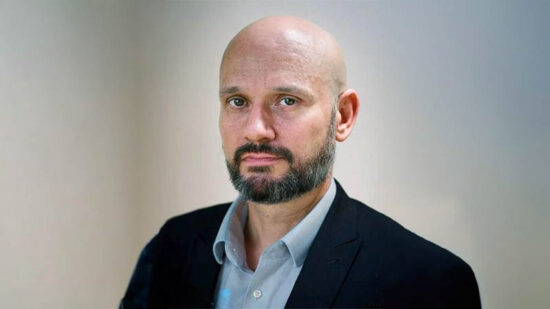The company said Hirn’s move was as part of its strategy of strengthening its presence in Asia, and did not say it was linked to Rhenman’s departure. Rather, it said the move represented a “strengthening” of its Hong Kong hub.
In a statement on its website, East Capital did not say where Rhenman is going, or who is to succeed him.
Rhenman is quoted in the statement as saying he was stepping down after eight years of managing East Capital’s Asia funds “to pursue other interests”.
Rhenman had been in charge of two funds for East Capital, both domiciled in Luxembourg: the China East Asia fund and China Fund. Assets under management at the end of July were €165m and €17m, respectively.
In Hong Kong, Hirn, who is chair of East Capital’s Asia Advisory Committee, will work alongside the company’s senior advisers, Dmitriy Vlasov and Adrian Pop, the company said.
‘Key market’
Michael Hanson-Lawson, East Capital Asia chief executive, noted that Asia had long been a key market for the company, which was founded in 1997, and specialises in emerging and frontier markets. It actively manages €3.7bn on behalf of clients, across its nine equity and 11 special fund products.
The company first entered Asian in 2006, when it set up a Hong Kong office, and added a second outpost, in Shanghai, in 2010.
Hirn relocated to Shanghai at that time, to oversee East Capital’s Asia investments there for the firm’s expanding equity fund range, which now includes the China and Asian markets.
In the statement announcing her move to Hong Kong, Hirn stressed that establishing an investment hub for its Asia investment team was “a very important step for East Capital, and we believe that Hong Kong is the right place to do this”.
“We spent three years in Shanghai to gain a solid understanding of the reality of Mainland China," she added.








